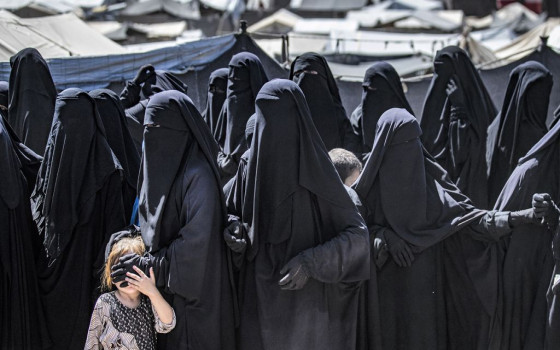
The Netherlands announces the recruitment of a new batch of women and children from ISIS prisons

- Europe and Arabs
- Wednesday , 2 November 2022 9:28 AM GMT
Brussels: Europe and the Arabs
Netherlands: Noureddine El Amrani
In the Netherlands, it was announced that 12 Dutch women and 28 children had been brought in from northern Syria, suspected of terrorist crimes. According to a letter to the Dutch House of Representatives by the Ministers of Security, Justice and Foreign Affairs, the post-arrival program includes the arrest of women upon their arrival in the Netherlands and they must appear in court. The ISIS women were transferred to the Zola city prison, which is one of three prisons designated to receive those involved in terrorism-related cases, in addition to the prison of Vogt and the prison of Rotterdam. Women who come to the station will not be allowed to mix with other women who have been implicated in other crimes, in order to avoid spreading the extremist ideology. There is a place designated for prayer on Friday, and meals are also prepared for them according to the types of food they ask for, and according to what the station has published, the places are well equipped and there is an iron fence on all The windows are also necessities in the nasal cell for each woman who will be allowed to phone 40 minutes a week to talk to relatives and calls will be monitored by officials while they are not allowed to use e-mail for correspondence to avoid contact with figures linked to extremist ideology
The Rotterdam court ruled in May that the suspects must be brought to the Netherlands quickly. Otherwise, their criminal case will be over and the government does not want that.
"With the transfer of these suspects to the Netherlands, the Cabinet aims to prevent these twelve suspects from impunity," the ministers wrote.
In a clarification, Minister for Justice and Security Dylan Yeseljuz said she did not want the lawsuits to end and that the suspects, who all hold Dutch citizenship, "can enter this country". "Then we can't monitor it anymore. And that's a risk I can't take." Government policy is that it is extremely dangerous to capture ISIS suspects from Syria. It believes that the accused should be tried as far as possible in the area where the crimes were committed. “It is also why I went to Iraq in the summer, and why I gave money to a United Nations agency that collects evidence there,” Yesilguz says.
"But if the judge in a Dutch criminal case says 'If you don't bring the suspect here, it will stop,' then we have to comply with that." That is why it was decided to perform a special operation "after a careful preparation". Yesilguz notes that people can still be followed for the rest of their lives after serving a prison sentence in the Netherlands.
The 12 women were the last to be sued in the Netherlands. In June 2021, the first woman, E. Laham, was arrested. She has now been sentenced to three and a half years in prison, one of them suspended.
Five more women were returned from ISIS in February. Trials are still going on.
For reasons of security and privacy, the government does not want to say anything about the group of women who are now coming to the Netherlands. He did not mention anything about the crimes he was suspected of committing.



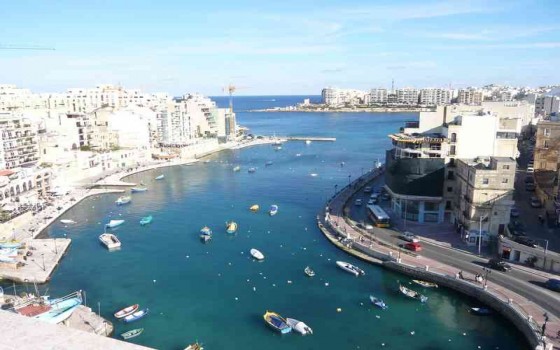



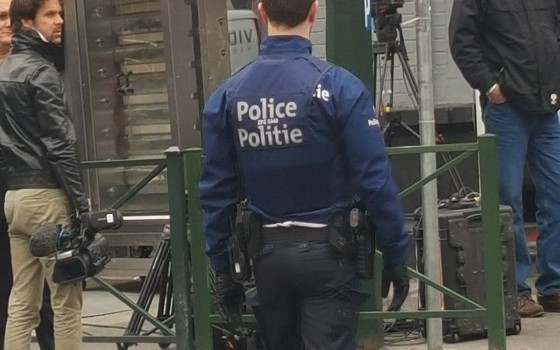
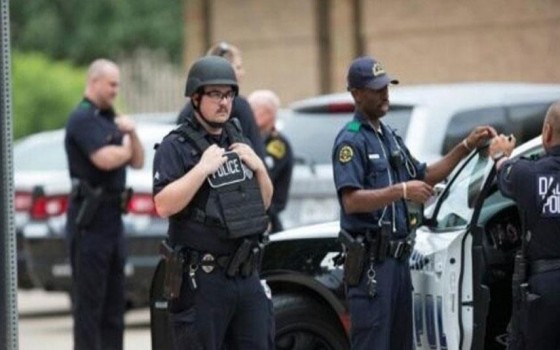
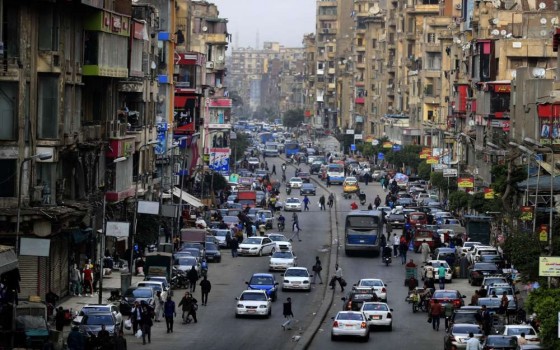
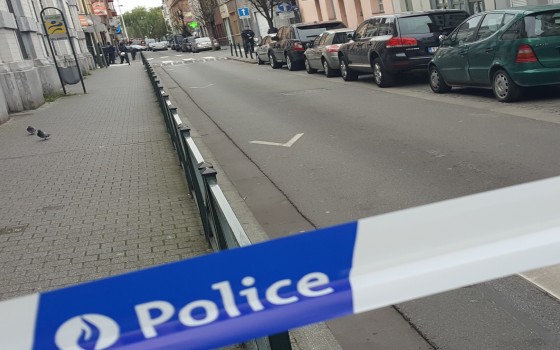

No Comments Found